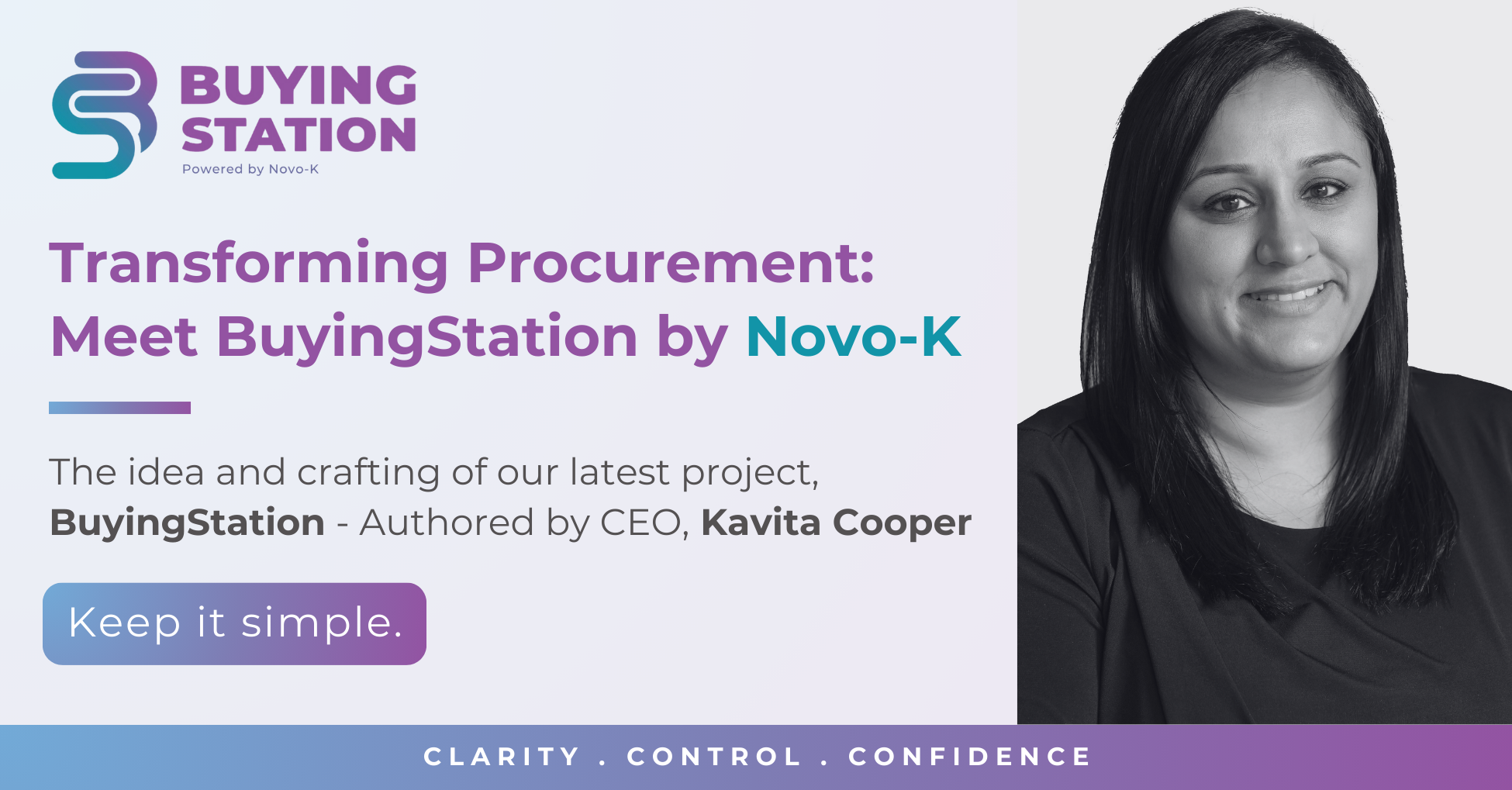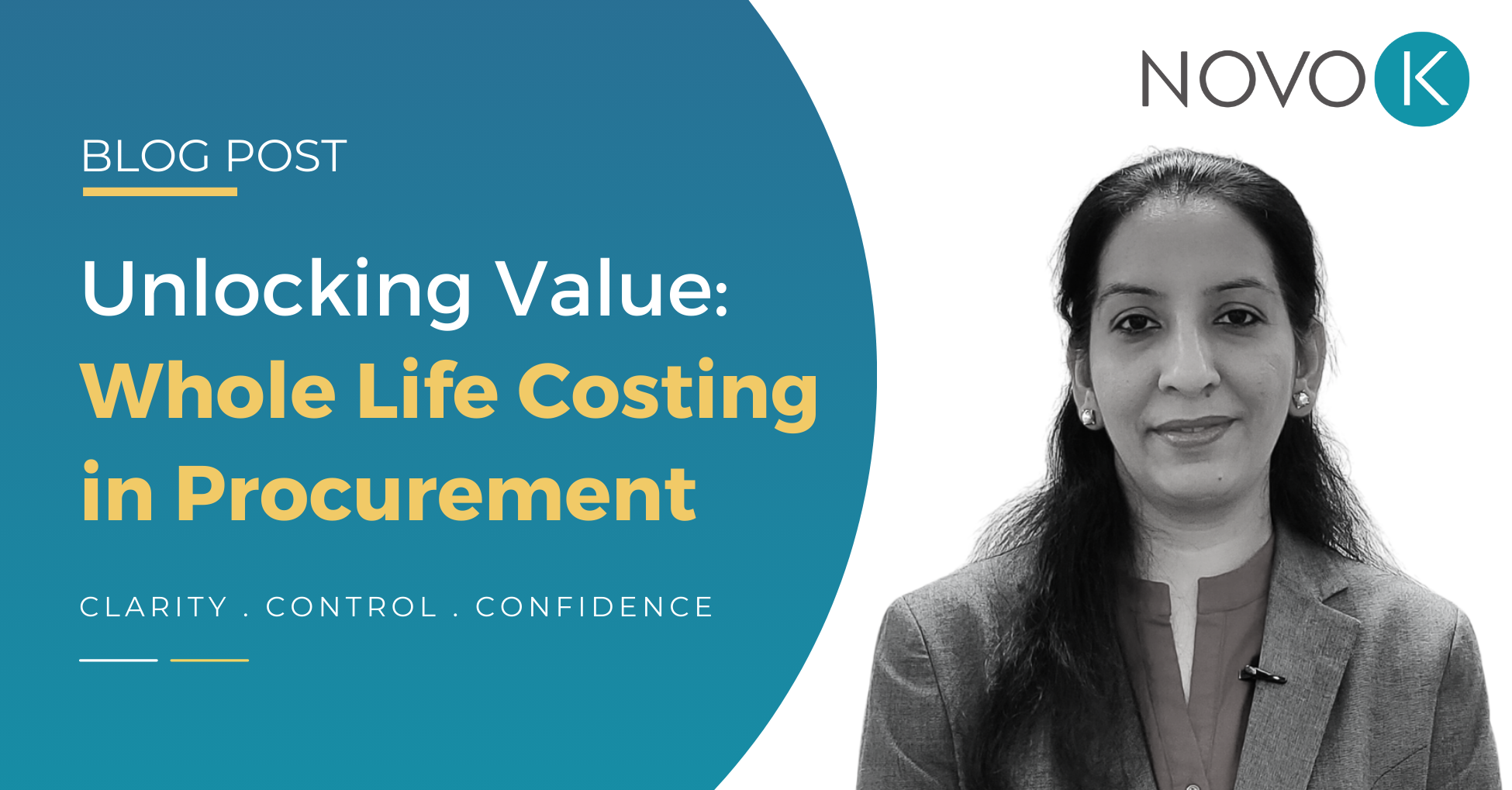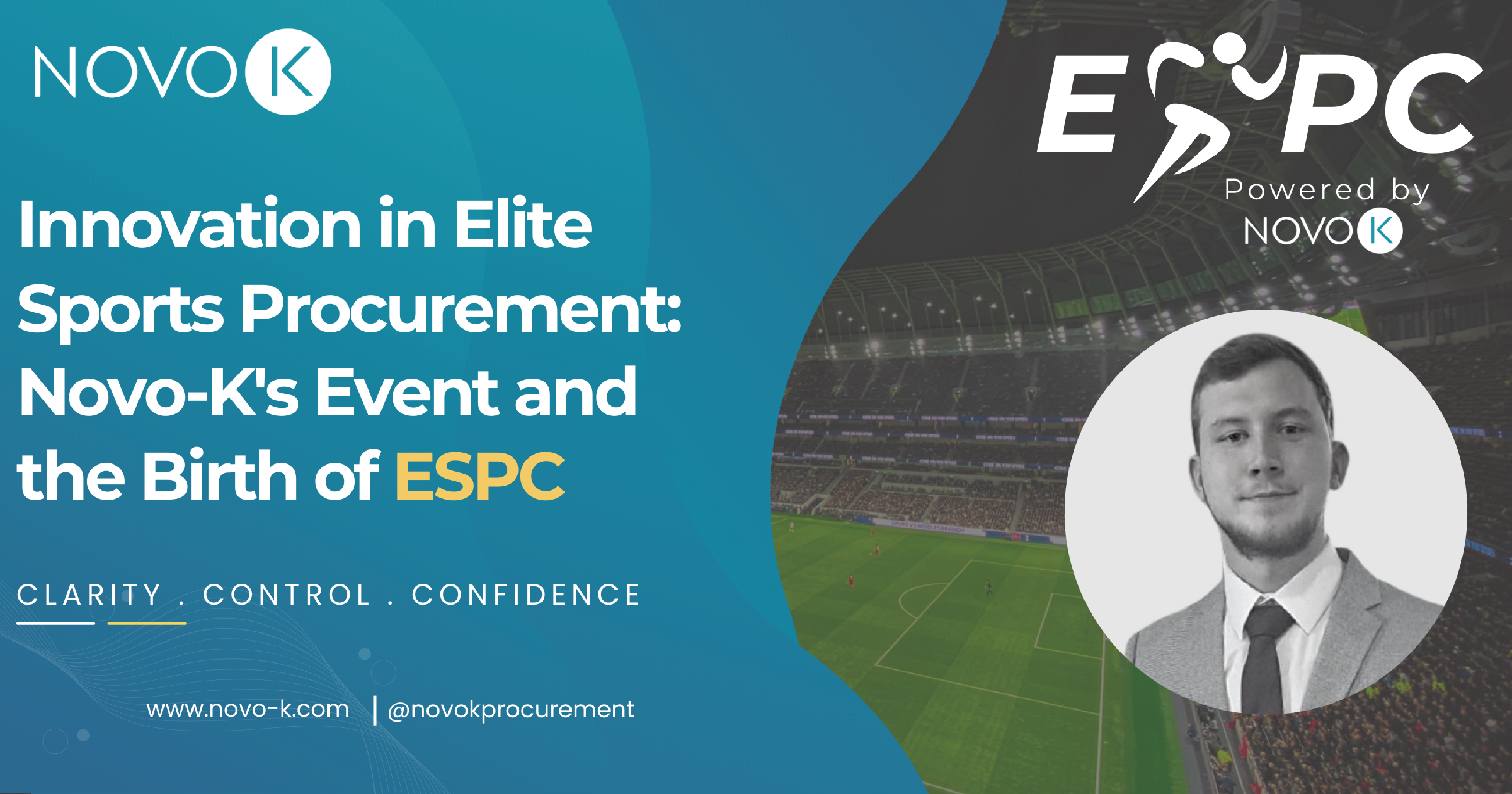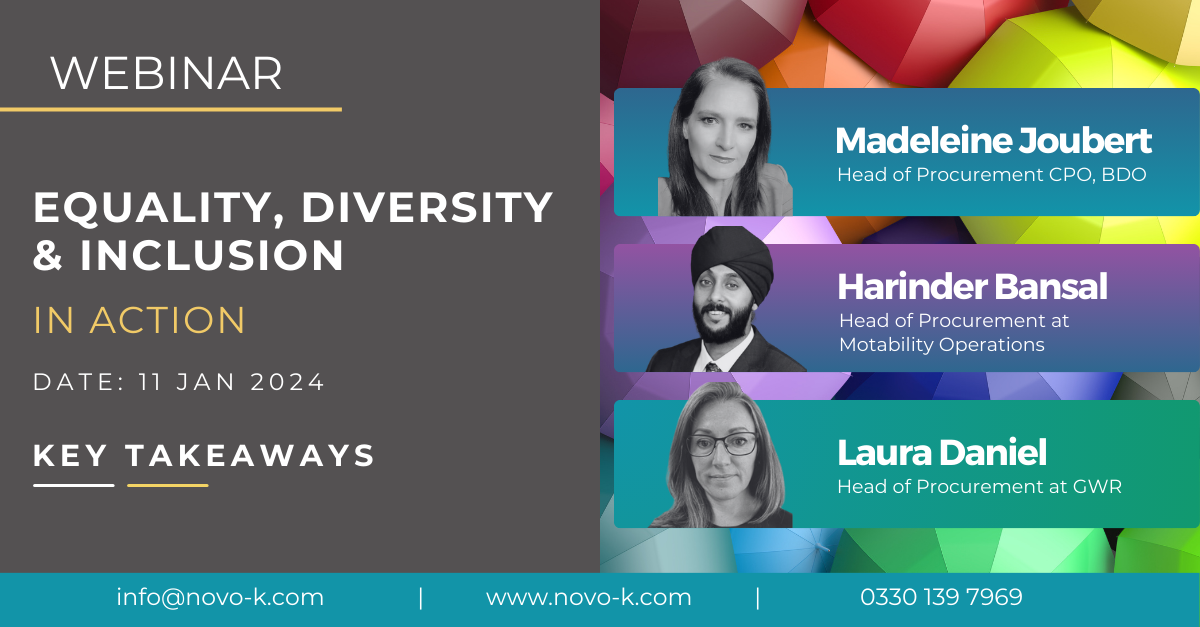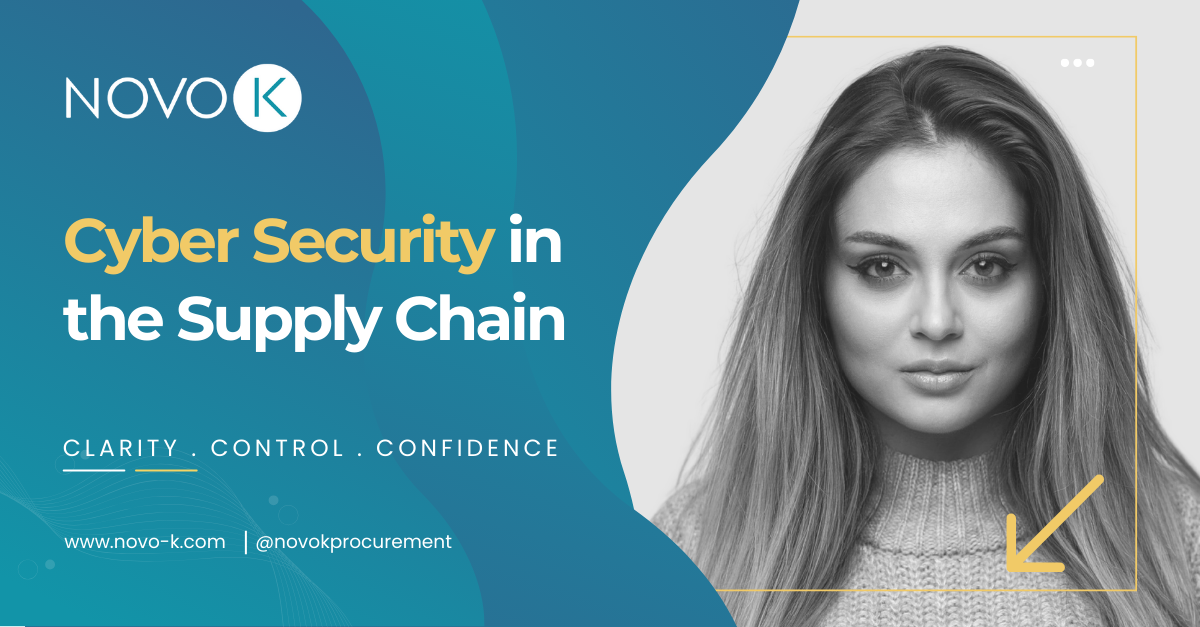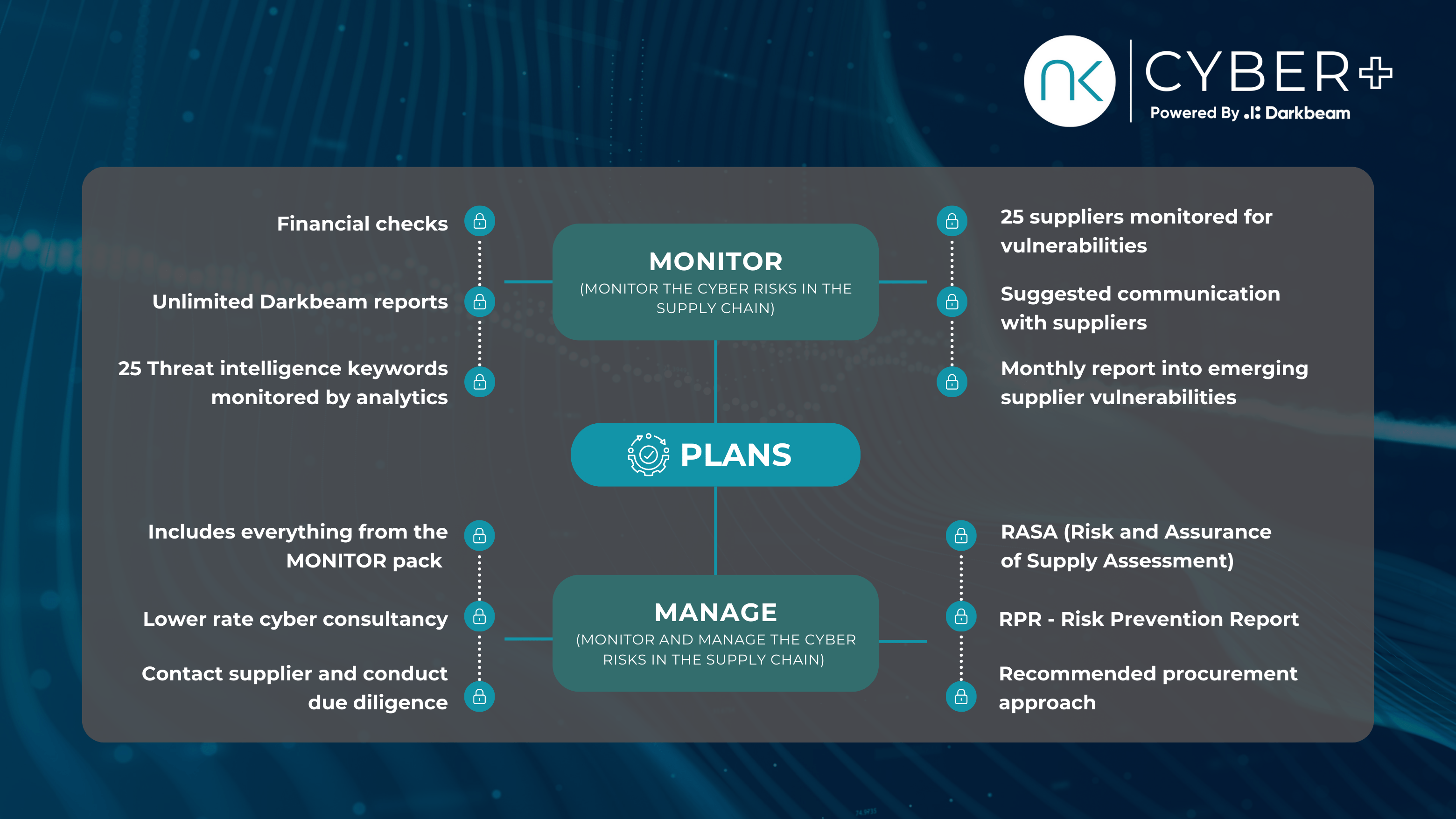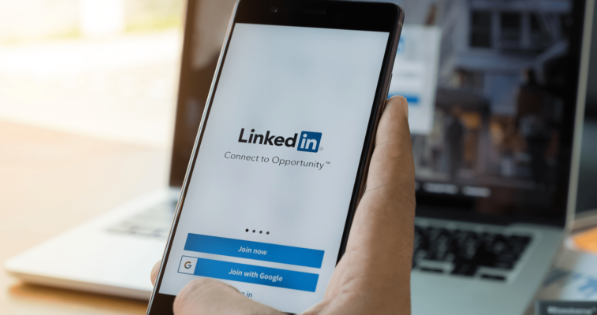In the ever evolving landscape of procurement, women are stepping forward, not just as participants but as leaders and changemakers. The recent “Women in Procurement Day,” held at the UKCEH in Wallingford, aimed to bring together female leaders to share their expertise, inspire career advancement, explore future trends and address gender disparities within the field.
Breaking Down Barriers
The procurement sector, like many others, has long been dominated by men, with women often facing significant barriers to entry and advancement. These barriers are multifaceted, encompassing everything from unconscious bias to institutionalised discrimination. At the event, it was highlighted that women often encounter ingrained beliefs leading to unnoticed prejudice. These biases manifest in various forms, such as the bandwagon effect, anchoring bias and confirmation bias, which can skew decision-making processes and limit opportunities for women.
To counter these biases, structured decision-making and diverse review panels were recommended. Additionally, fostering a culture of continuous improvement using Lean principles and Kaizen events can help in creating an inclusive and equitable work environment.
Building Networks and Mentorship
Networking and mentorship emerged as crucial themes during the event. Women were encouraged to build supportive networks and proactively seek what they need to succeed. Mentorship and coaching were identified as essential tools for navigating careers and overcoming challenges such as the glass ceiling and maternal penalties. Creating and maintaining a strong, authentic personal brand was also emphasised, with platforms like LinkedIn being valuable for building professional profiles, connecting with others and showcasing achievements.
Embracing Technology and Innovation
The role of technology and innovation in procurement cannot be overstated. Leveraging data, analytics, automation and AI can help to drive efficiency and sustainability, creating new opportunities for women in the sector. Embracing digital transformation and innovative digital solutions was highlighted as a vital strategy for advancing procurement functions and supporting capacity building.
Ethical Leadership and Governance
Commitment to ethical leadership and robust governance is paramount in building trust and credibility in procurement. Women leaders were urged to prioritise these values, ensuring transparency and accountability in their roles. Ethical leadership also involves advocating for workplace equality and addressing unconscious biases that affect supplier selection and diversity.
Personal and Professional Growth
Investing in personal and professional growth is essential for women in procurement. Structured development plans, feedback, mentoring and coaching were recommended to help women advance in their careers. Understanding one’s values, strengths and weaknesses and motivators is crucial for better navigating career paths. Moreover, resilience and self-worth are key attributes that women need to cultivate. Being able to shake off imposter syndrome that a lot of women tend to foster will be an enabler to help women to face challenges and achieve success in procurement and beyond.
Moving Forward
The “Women in Procurement Day” event served as a powerful reminder of the potential women have to transform the procurement landscape. By breaking down barriers, building strong networks, embracing technology and committing to ethical leadership, women can not only advance in their careers but also pave the way for future generations of female leaders.
The journey towards gender equality in procurement is ongoing; with the right strategies and support systems in place, women can continue to lead the charge for change, creating a more inclusive and dynamic sector for all.


